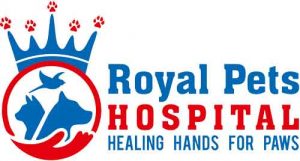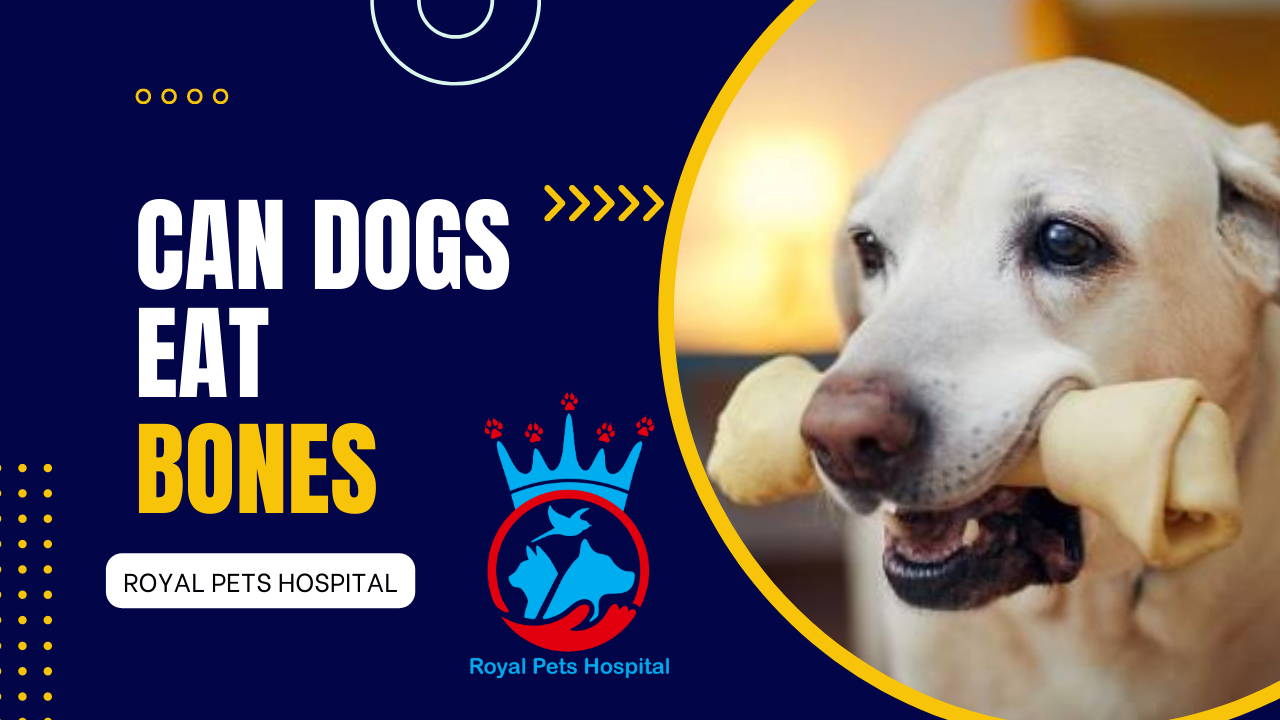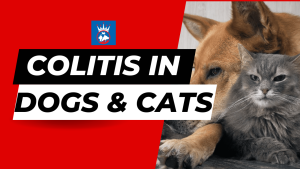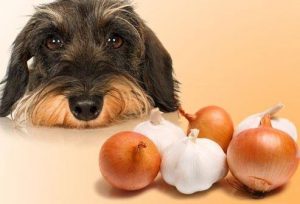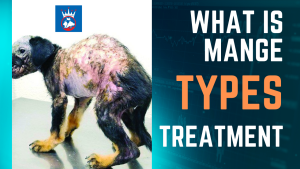We’ve all heard the saying “Give a dog a bone,” but you might want to think about some other
kinds of goodies instead.
Bones can make your dog feel full and be a wonderful source of minerals and other nutrients.
Chewing promotes salivary enzymes, which help stop gum disease and plaque development on
teeth. Furthermore, a dog chewing on a bone is less likely to overly scratch or lick its paws.
However, dogs who chew the bones may be at risk. If you’re thinking about giving your dog a
bone, ask yourself if it’s the correct kind of reward or not.
The possible health risks
Pancreatitis May Be Caused by Fatty Bones
The rib bones especially the pork rib ones are abundant in fat. In these rib bones, the level of
saturated fat is too much for dogs to handle which can result in pancreatitis.
An inflammation of the pancreas known as pancreatitis is frequently brought on by a diet high in
fat. Its symptoms can range from moderate to severe, but they usually involve nausea, diarrhea,
tiredness, and loss of appetite. If you think your dog has pancreatitis, you should take him to the
clinic immediately. Severe instances may be fatal.
The best course of action, if your dog ingests cooked bones, is to consult with your vet for
guidance or to bring him in for an examination.
When preparing or setting the table, be sure to keep dishes containing bones out of the way.
Additionally, keep bones away from any trash cans that your dog might be able to access.
Fragments May Pose a Choking Risk
Your dog may break a bone into pieces as they chew on it. Those pieces pose a serious risk of
choking. It is simple for bone pieces to become stuck in your dog’s throat, obstructing the
airways and posing an emergency.
These bits are frequently fairly sharp as well. The inside of your dog’s mouth, tongue, stomach,
and intestines are all susceptible to piercing and cutting. Additionally, bone fragments,
particularly rib fragments, can lodge in the descending colon close to the rectum and cause
discomfort and constipation-like symptoms. Bring your dog to the vet or an urgent care center if
this happens so they can treat him.
Blockages Could Be Caused by Bone Chunks
Bone fragments have a good possibility of becoming lodged in the intestines. When a bone
fragment that is too big to pass through the gut obstructs the passage of all other digested food
via the gastrointestinal tract, blockages might happen. Obstructions are extremely hazardous and
can swiftly result in fatal sickness.
Dog’s Stomachs Can Be Irritated by Bones
Irritable bowel syndrome and diarrhea can be brought on by a bone and its marrow. Additionally,
bones may aggravate sensitive stomachs.
Cooked bones may break and harm you.
Cooked bones break into fragments. The tiny fragments could cause your dog to choke if they
ingest one. These fragments have the potential to seriously harm the dog’s mouth, esophagus, or
intestines. In addition, cooking can deplete the bone of its nutrients.
Guidelines for Providing Canines with Bones
Don’t offer raw bones to your dogs as these have salmonella bacteria that disturb the stomach.
Raw bones are also harder, so that might fracture the tooth of your dog. So, always offer the
boners to your canines, with the proper guidance of the vet.
If your dog is alone, give them a bone
If there is another dog in the house, you shouldn’t offer your dog a bone. Dogs of all
temperaments may be very possessive of their chew toys.
After the meal, you can offer a bone to your dog
Your dog is already full because it just ate. Because of this, they might not chew the bone as
quickly. After meals offer a bone to them for about 10-15 minutes so that they can chew. After
chewing put the bone in the refrigerator. Because dogs have powerful canine teeth and they
ingest more bone which is problematic for them. Also, discard the bone after 3 -4 days as usually
bacteria grow on them and cause severe intestinal problems.
Give Bones less than the muzzle of dogs
You should offer the bones smaller than the dog’s muzzle so that they can easily swallow and
chew. So that the problem of choke could not happen. Offer the larger such as shank bones to
larger breed as German shepherds.
Offer bone alternatives
Consider the safety of your dogs, only give your dog chew toys and false dog bones that can be
bought in stores and are made for dogs of all sizes.
